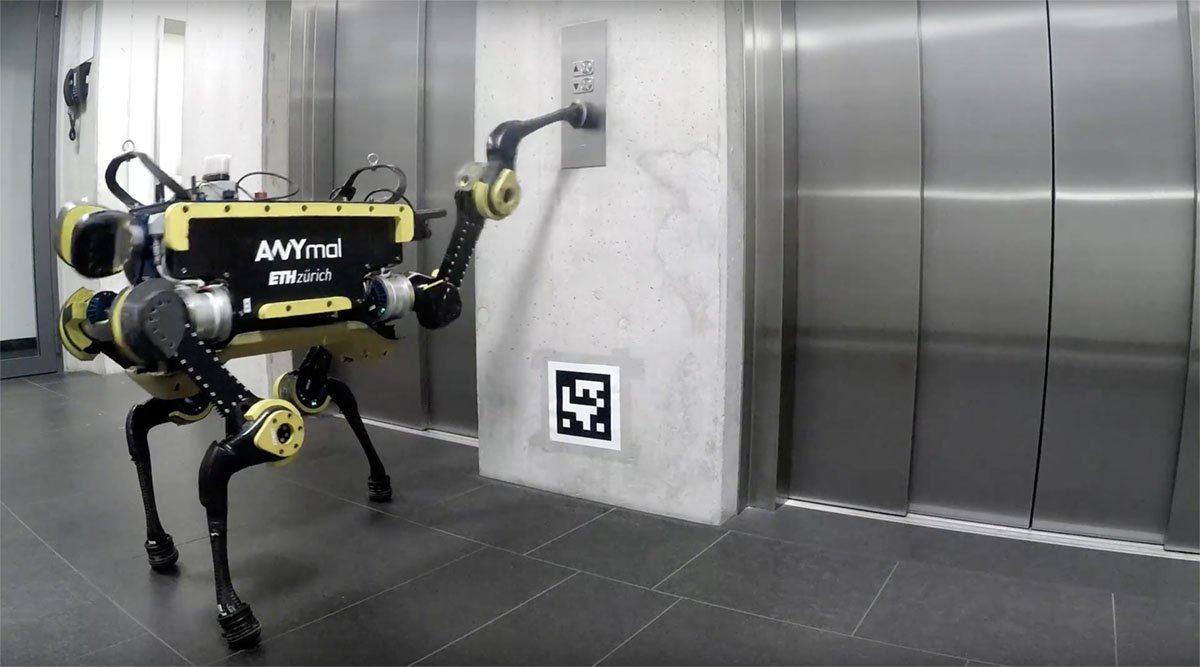Is the wave of automation different from previous waves wherein new forms of technology paved way for innovation, unshackling humans from the drudgery of repetitive work? The current discourse around automation, artificial intelligence and robotics is usually surrounded by mass hysteria and is marked by job losses on an unprecedented scale. But is the future of work really in danger? Fears of technological unemployment are nothing new. In fact, automation is not a new phenomenon and it technology has been changing the nature of work since the 18th century. In fact, a Deloitte research indicates that technological progress has significantly increased productivity, efficiency and also enhanced the quality of services and goods. In fact, before the rise of intelligent machines, there were machines that performed repetitive work in factories.
Some researchers argue that there is no historical evidence of automation causing unemployment. Automation may cause short term disruptions in sectors such as manufacturing, retail and logistics but historically automation increases labour demand over time. According to American Internet pioneer, also known as the “Father of the Internet”, Vint Cerf, Vice President and chief Internet evangelist for Google, “Historically, technology has created more jobs than it destroys and there is no reason to think otherwise in this case.”
Yet, talk about robotic apocalypse still persists where automation, AI and robotics is labeled as the job killer. A section of economists argue that rise of the robotics and automation will spark an inequality crisis, shrink the conventional jobs market and could potentially skew the economy like the Great Recession and even jeopardize the future of mankind once again. Take this PwC survey for example, where the report that indicates 40% of U.S. jobs could soon be given to robots. In fact, Oxford Professor Carl Frey and AI expert Michael Osborne, have taken the number even higher, claiming automation will threaten 47% of American jobs. PwC researchers suggested that automated bots could snatch 30% of jobs in the United Kingdom, 35% in Germany, and 21% Japan. The report indicates that even though U.S. and U.K. share similar economies, the wider financial services sector in the States is reportedly more vulnerable to automation.
Another Side To The Debate — Race With Machines, Not Against Them
But there is another side to this argument as well. There are those who believe that progressive automation can be a great business opportunity, provided companies adapt their business processes beforehand. Unlike most doomsday predictions, writer Erik Brynjolfsson, Professor at the MIT Sloan School of Management, and his coauthor Andrew McAfee have a more optimistic view about the jobs created due to the digital revolution in their book The Second Machine Age. Even though the writers believe a section of jobs will be affected by new-age technologies such as driverless cars and 3D printers, for this new wave of automation to succeed, a section of professionals will have to code and build the new tools and this will lead to new jobs eventually. While robots may displace more than they create, they will also have wrought a human-robot collaboration and we allow professionals to deliver a high level of service.
Another view surrounding automation is that until AGI (Artificial General Intelligence) is ubiquitous and affordable robotics can automate every facet of human potential, robots replacing humans in workplace does not hold any water at all. So far, automation has majorly affected only one sector – manufacturing industries which does affect the entire employment landscape (just like autonomous vehicles will) and doesn’t wipe away all the jobs.
So How Is This Wave Of Automation Different From Previous Ones
More jobs are at risk of being automatable: Why does this current wave of automation pose a serious threat? As AI gets ready to upend all sectors of the economy, machines aren’t just replacing humans on the assembly line, they are snatching high-level jobs as well. There is a rising fear that the coming AI revolution would affect a lot of jobs and that too more quickly than expected. This was the reigning sentiment at a recent conference in California where AI researchers expressed concern about the effect of AI on the economy. Old school manufacturing jobs were the mainstay of middle-class that is being hollowed out due to automation. Now the threat of Robotics Process Automation (RPA) has affected Indian IT bellwethers with news of layoffs dominating 2017. The Deloitte report indicates that automation will increase within the service sector (retail, food, tourism) and administrative area of industry sector as well.
AI is different in more ways than other technological advancements: According to Robbie Allen, startup founder and author, for AI research, there is no governing body to approves new advances. Even though, there is also a lot of research happening in the AI field and most of it is taken up by large IT corporations which may be driven by an agenda. The view is that AI could also benefit by a certain level of standardization much in the same way IoT has benefitted from it. Some of the research efforts should also be directed towards the economic and sociological impact of AI, automation and robotics on the future of work and how countries can adapt to it.
Can Automation Be An Opportunity Instead Of A Risk
Education will be key in future-proofing the job: The threat of automation can be reversed with greater emphasis on education, entrepreneurship and research which can help the growing economies turn the tide of new technologies and can prove to be an engine of growth. Certain fields in management, technology also present a high-level of automation and jobs financial analysts, accountants and tax advisors could be automated. On the other hand, open sourcing of AI tools has lowered the barrier of entry to this field, yet it requires a high level of technical knowledge to develop an AI solution. Practically, all the machine learning and deep learning platforms such as Tensorflow, PyTorch and Keras are open-source. According to Allen, these two factors should encourage more developers to enter this field and do something interesting with AI. Allen believes the barriers are self-driven and with simplified AI tools, one can build interesting solutions.
Business should adapt their strategies to survive the onslaught: It is widely believed that machines are good solving structural problems as opposed to non-structural problems. Businesses and enterprises should adopt different adaptation strategies for automation. For example, newer developments such as automated software can handle administrative procedures to a better degree than customers. In the same vein, customers within service sector should be trained for higher-skilled jobs.
Outlook
Despite the fear around automation, experts agree that automation will not occur overnight. According to McKinsey, less than five percent of the jobs are fully automated. However, practically every job role has partial automation potential and jobs that are carried out in a predictive environment are more susceptible such as data collection and processing. And the sectors ripe for change are the food industry, retail and manufacturing, where automation will nip away at low-tier jobs.

























